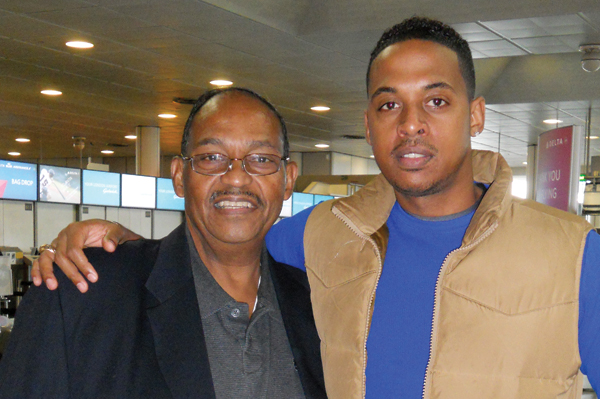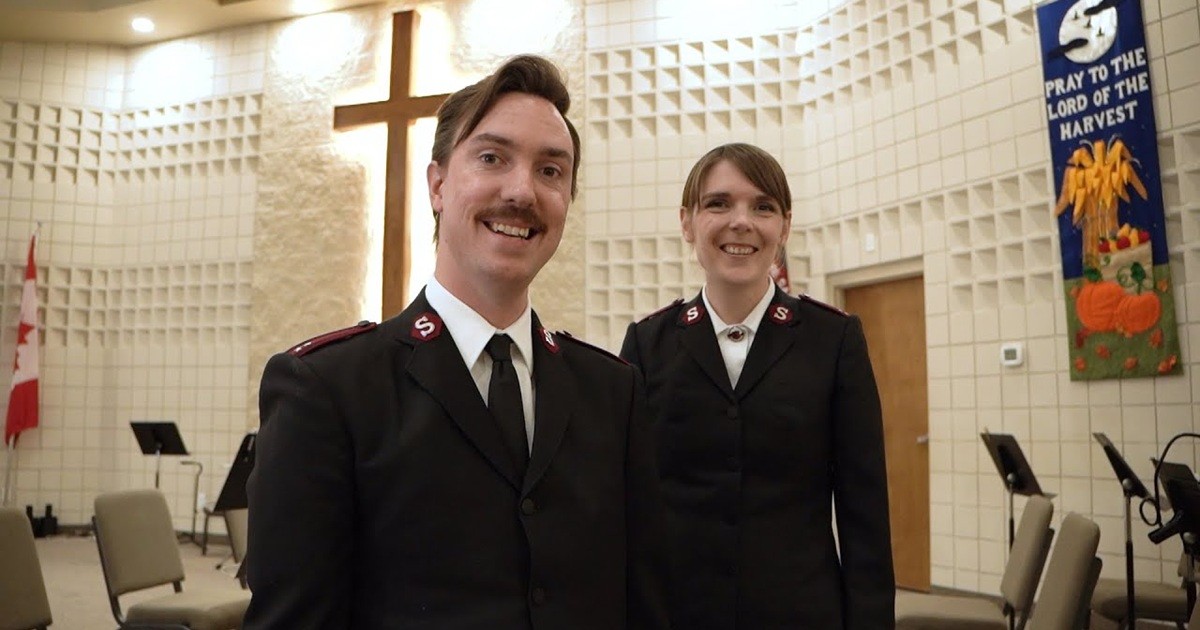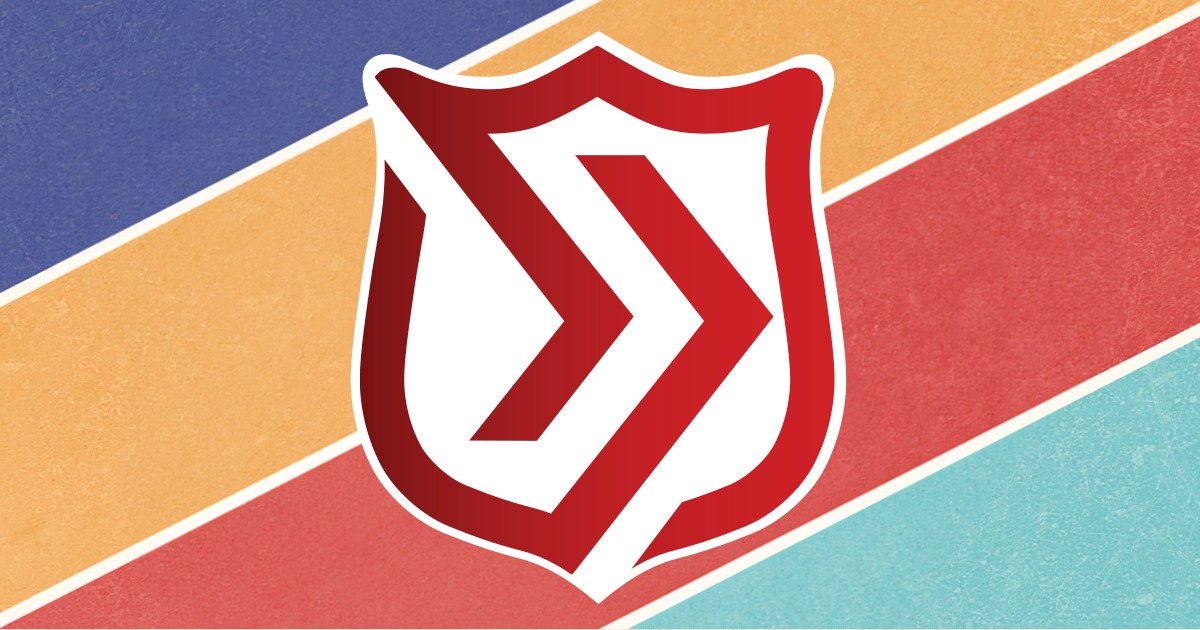
When Cal Ming had a heart transplant in 1993, he was given a second chance at life—but at what cost?
While the transplant undoubtedly saved his life, the drugs he needed to take after the operation wreaked havoc on his body. By 2000, Cal had developed diabetes, and a 2006 checkup revealed that his kidneys were deteriorating at an alarming rate. Just two years later, Cal was on dialysis, a procedure he endured for 3½ hours three times a week.
The dialysis worked, but it was only a stop-gap measure. Cal needed a new kidney—and time was running out.
Staring Down Death
Unfortunately for Cal, his bloodtype, AB negative, is very rare—only about two percent of the population are a match, which made it that much more difficult for him to find a suitable donor.
Cal's younger brother offered to donate one of his own kidneys, but he didn't meet the health and weight requirements. Meanwhile, Cal's condition was getting worse.
“All of my children—my two girls and my son—offered to be a donor at the beginning,” Cal says. “I told them that I did not want them to donate because of the risks. You never know what might happen.”
But by early 2010, his son, also named Cal, saw only one option: he would donate one of his kidneys.
“My mind was made up,” remembers Cal Jr. “It really wasn't much of a decision. He's my father and he needed something to live that I could provide.”
Cal was still reluctant, but his son was adamant.
“Once I told him I was giving him my kidney, he had no choice but to accept it,” says the son.
“Besides,” he smiles, “it's only a kidney!”
A Birthday Gift
The Mings went through the necessary compatibility tests that summer and the surgery was set for January 27, 2011.
When the day finally came, neither father nor son was worried, despite the risks. Having already survived a heart transplant, Cal had confidence in his doctors.
“And I knew that God didn't bring me this far just to leave me,” he adds.
Throughout the ordeal, Cal had the support of his family, many of whom came to Boston for the operation, and his Salvation Army church, North Street Citadel, in Hamilton, Bermuda.
“The congregation was a huge support,” he says. “For months leading up to the operation, they prayed for me, and they even took up a collection to help pay for the cost of my family staying in Boston.”
Because of his heart condition, the recovery process was difficult for Cal, but it was much easier for Cal Jr., who was 29 when the operation took place.
In fact, he was released three days after the operation, shorter than the scheduled week's stay, but long enough for him to celebrate his 30th birthday in the hospital. Despite the circumstances, the family had a simple birthday party for him with cake and presents.
The Family Code
A little over a year later, life is back to normal for the Mings.
Cal has gone back to his job with the Bermuda government, and he's resumed his volunteer work with The Salvation Army. A fourth-generation Salvationist, Cal is bandmaster at his church, a position he's held for almost three decades. Meanwhile, his son has moved to the United Kingdom to attend law school.
Despite the distance, father and son are closer than ever.
“If I don't talk to him twice a week, I feel like I'm missing something,” says Cal. “I have to talk to him, and that's the way he feels about me.”
For his father, that kidney was a lifesaver but the modest son insists that the transplant was no big deal.
“No matter what, my dad knows I have his back,” he says. “I told him after the operation, 'It's a gift to you—you need it.' But it's also a message to my children and my sisters' children: we're a family and we stick together. We live by that code. If your family needs you, you're there for them.”










Leave a Comment